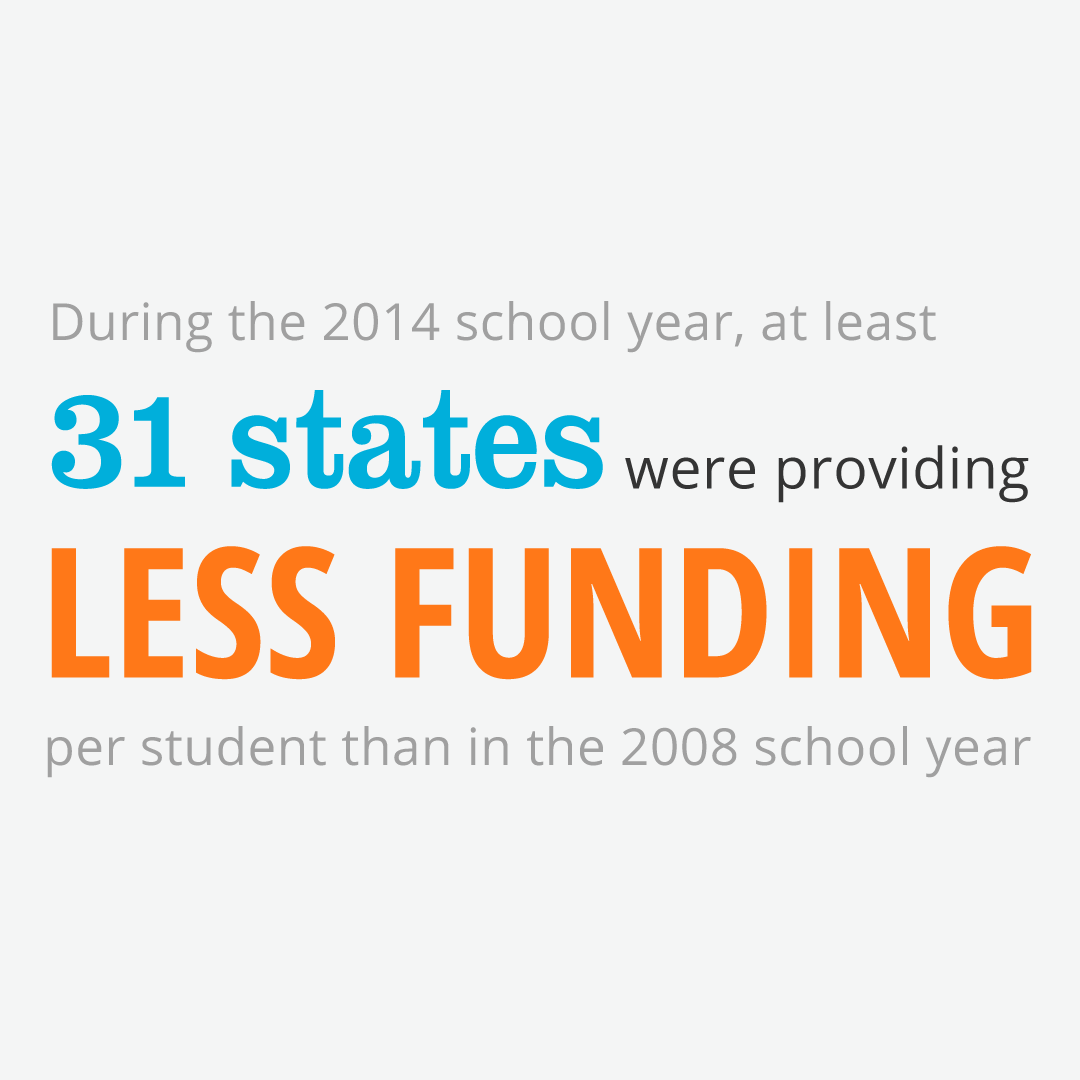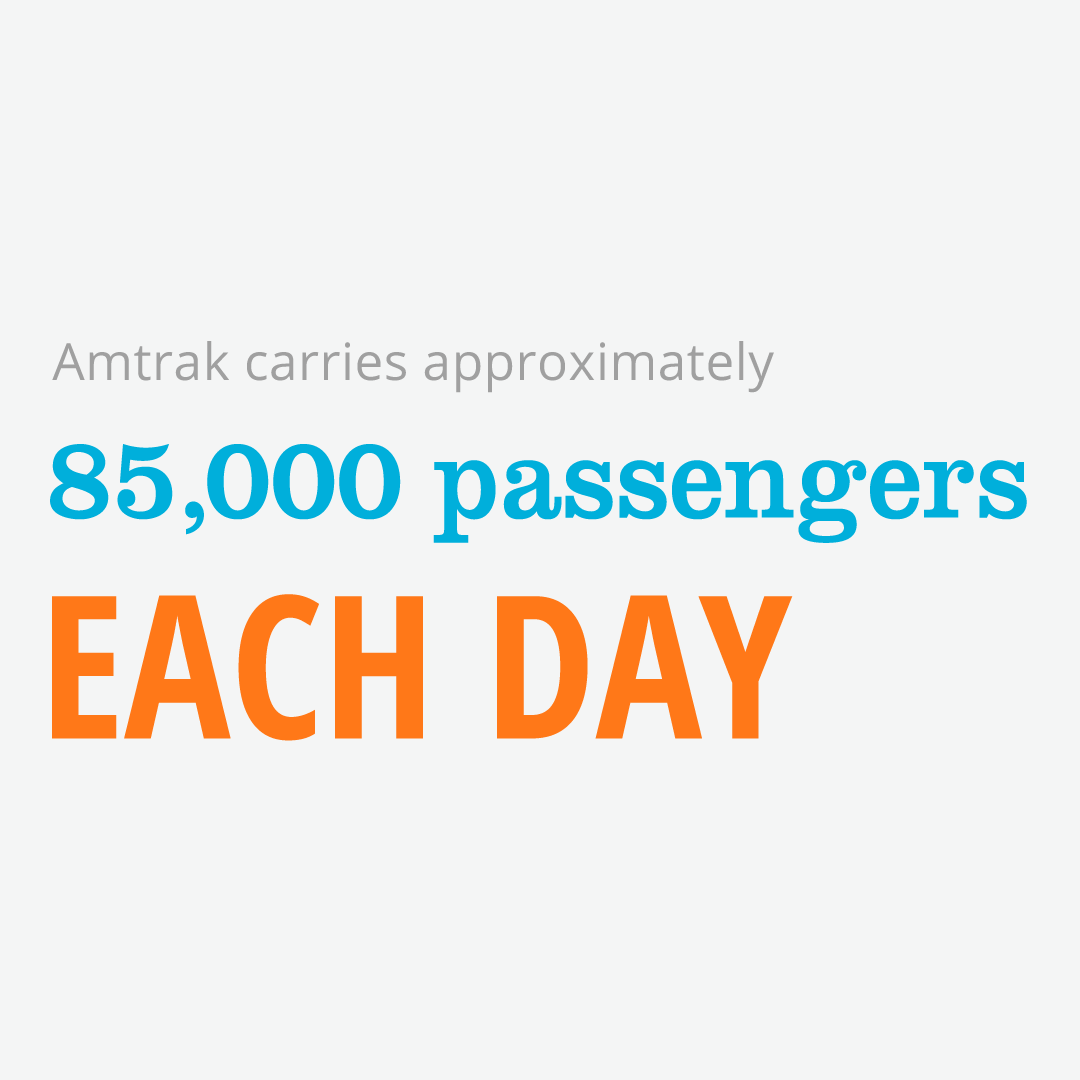Finally, the Federal Aviation Administration (FAA) will now have long -term stability. Congress has approved a five-year, $96.7 billion FAA reauthorization bill (HR 302), with the House approving the legislation in September by a vote of 398-23 and the Senate passing the measure by a vote of 93-6. This legislation represents the longest reauthorization of the FAA since 1982.
HR 302 now heads to President Trump to be signed into law this afternoon.
The key wins that ASCE’s government relations staff and members included in the final legislation were:
- The Westerman-Lipinski Qualifications-Based Selection (QBS) Amendment which expands the QBS process to cover any airport project that uses federal Airport Improvement Program (AIP) funds at any stage.
- Existing QBS requirements and state licensing laws under the Geospatial Data title of the bill are not weakened and remain constant.
- An airport infrastructure study requirement.
The legislation maintains the current Airport Improvement Program (AIP) authorization level at $3.35 billion. AIP’s authorization level will remain unchanged for 12 years (FY2012-2023) and this is a decrease from the FY2011 level of $3.5 billion.
The Passenger Facility Charge (PFC) cap remains unchanged at $4.50, the cap has been in place since 2000.
We continue to encourage Congress to increase funding for AIP to $4.35 billion and raise the cap on the PFC to $8.50 in order to modernize our aviation system for the 21st century.























































